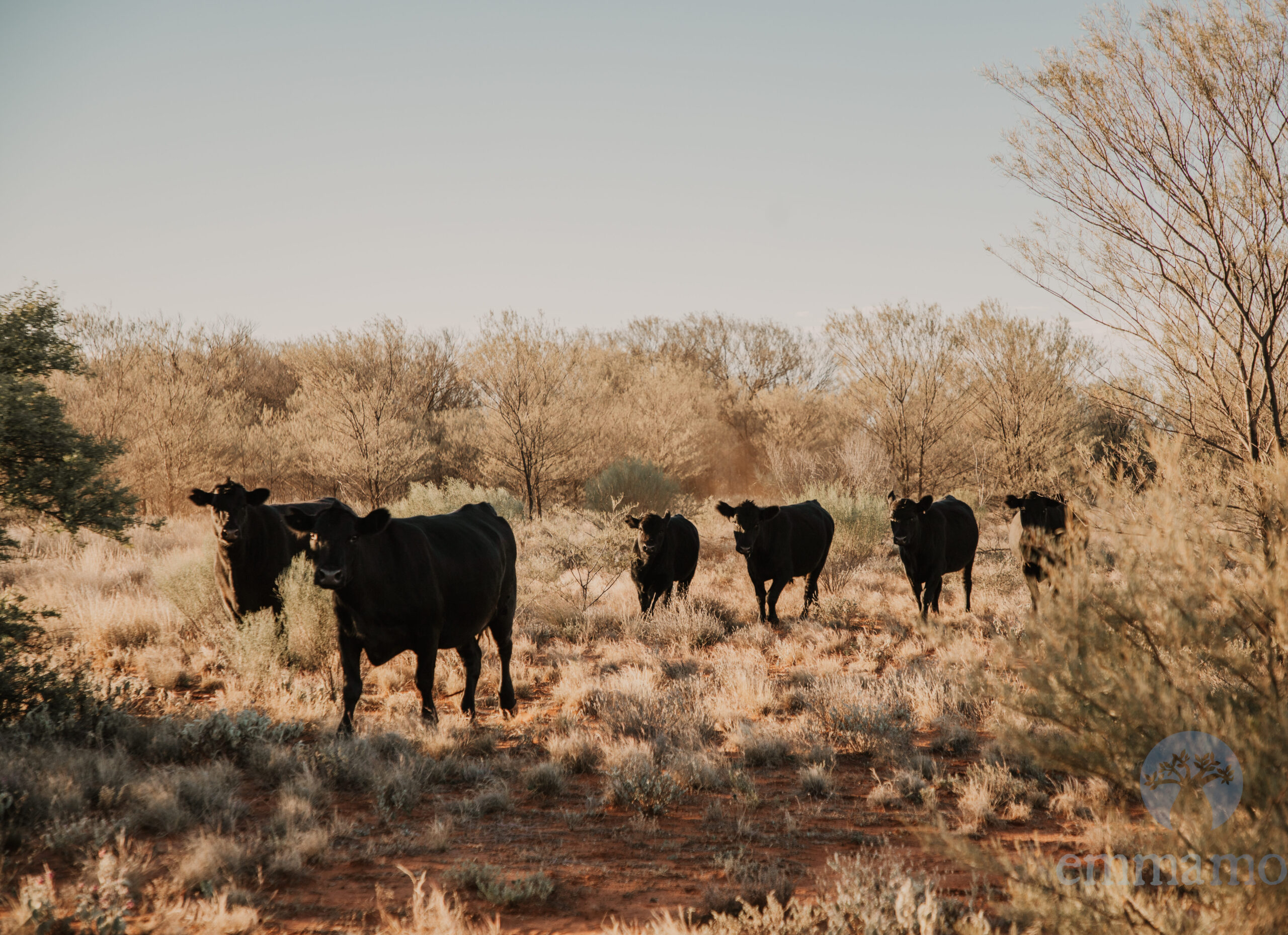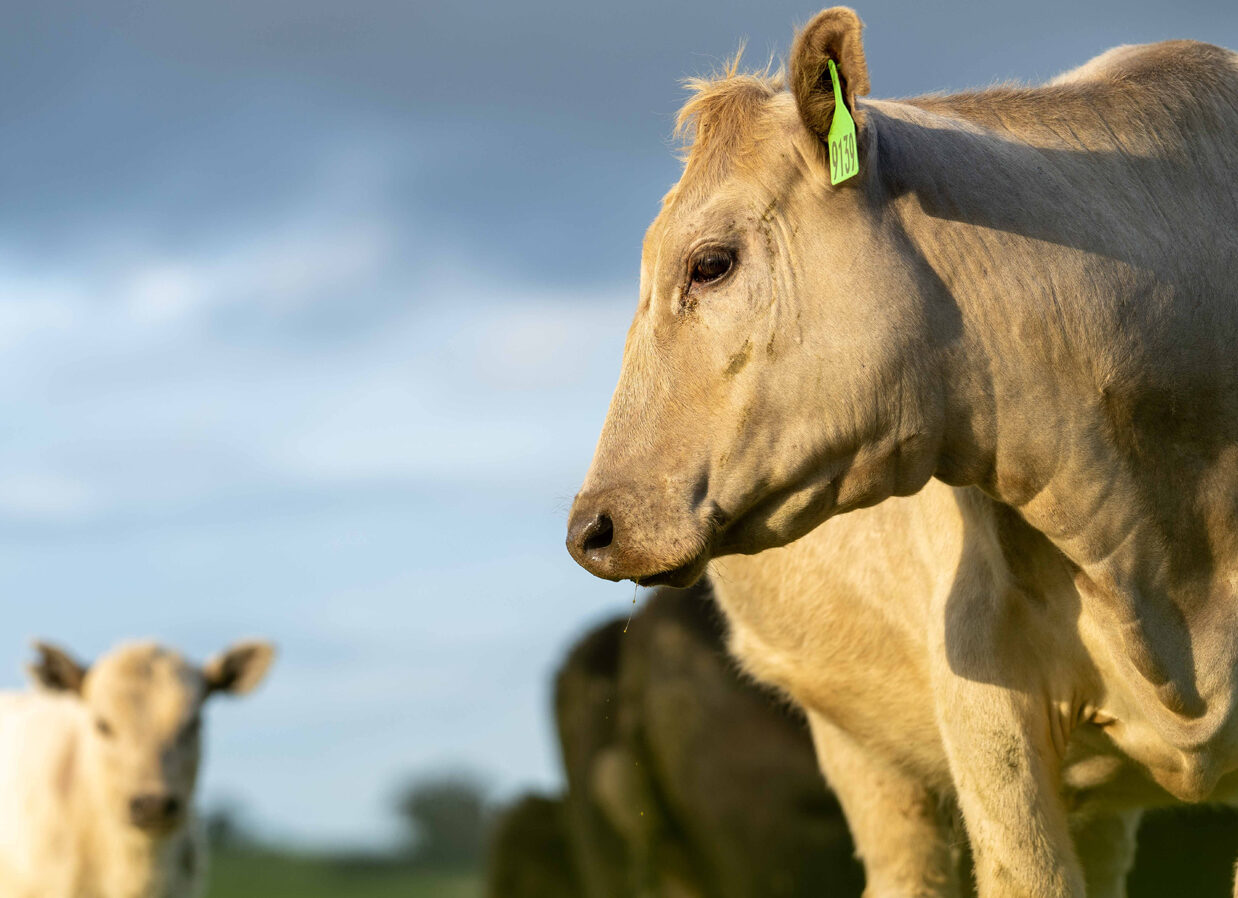RegenCo’s response to the findings of the Chubb Review
Beef Central, 16 January 2023
RegenCo welcomes the findings and recommendations from the Independent Chubb Review of Australian Carbon Credit Units (ACCUs) released on 9 January 2023. What is clear from the findings of the Review is that the Federal Government, and producers and buyers of credits can have confidence in the quality and integrity of ACCUs produced by the carbon farming program.
There has been a lot of discussion in the media, both before and after the release of the Review about the scheme’s integrity. There are some key messages that aren’t being clearly portrayed in the media.
1. The scheme works
Carbon is being captured by trees, and the way that is measured allows the Australian Government to be confident credits can be issued for the stored carbon.
2. The Australian Government accepts the recommendations in principle
This means the Australian Government recognises that the work the Review Panel did, took a balanced perspective and sought to understand why there are strongly held views in the community about the scheme’s performance. The Australian Government isn’t compelled to follow the Review’s recommendations, but it will engage with industry to work through how the recommendations could be adopted in practice. RegenCo is ready to work with the Australian Government during the consultation phase to develop an implementation plan that will lead to a more robust system. After that, we’ll need to wait for the actual policy response.
3. The scheme is 11 years old, and there is room for improvement. -Technology is key for transparency
The Review recommends a process of continual improvement, and this can be achieved by making data more available to the public, while protecting land managers privacy. There is always room for improvement in a rapidly evolving industry. At RegenCo, we are focused on using leading edge technologies to bring about the transparency required for market integrity. We will be working closely with the Australian Government during the consultation phase to help guide the implementation of the Review’s recommended changes.
4. The HIR method
This finding is very important. The Review agreed with the RegenCo submission, based on sound understanding of rangelands ecosystem dynamics that rainfall can kickstart regeneration of carbon storage. Changed management allows for permanent carbon storage. Advanced data collection and analysis will allow for RegenCo clients and stakeholders such as the Clean Energy Regulator, carbon growers and credit buyers, to have confidence that the regeneration is real, and the carbon storage is permanent.
5. New method development
RegenCo has been working closely in a leadership role during the last two years with other major carbon project developers to advance a new method – the Integrated Farm Management (IFM’) method. The purpose of the IFM is to allow for accurate assessment of increases in carbon in all carbon pools – soil, litter, grasses, shrubs, and trees. These are all carbon pools in the rangelands that can change in response to management and rainfall. The focus of method development should shift towards a more modular proponent-led approach to facilitate fit-for-purpose development and implementation of methods for delivering high integrity emissions-reductions. RegenCo will continue to work closely with industry and government to see the IFM brought to market as fast as possible. We expect that it will be possible to transition from the HIR method to the IFM once it’s been adopted- if that suits your interests and needs. Again, we see high quality, industry leading technology as key to ensuring transparency and confidence in the quality of carbon credits our partnership produces.
6. Biodiversity markets
The Review identified that many carbon sequestration projects can have significant Local Environmental Outcomes, alongside the positive change for the atmosphere that comes from carbon sequestration. The Review recommends the development and adoption of a standard way of assessing those Local Environmental Outcomes. This lines up nicely with the developing Australian Government policy for the development of a biodiversity credit scheme that is currently out for public consultation. RegenCo is an active participant in the consultation on the Biodiversity Scheme development and will update you as this parallel scheme develops towards a true additional market that rewards good land stewardship.
7. Avoided deforestation
The advice of the Review is that the current avoided deforestation method doesn’t live up to the scheme requirements for integrity. We think this is a great outcome as we see the value of any credits coming from the existing avoided deforestation projects being pushed lower as the market price in this “low quality” signal. This means other high quality, high integrity credits like those from RegenCo’s portfolio will have the chance to find a premium price in the market. This recommendation from the Review shows the Panel had the confidence to make hard calls, where they needed to be made.
As RegenCo Managing Director, Greg Noonan, said Tuesday 10th January on Beef Central – “It’s time to move forward”.
We can now do so with confidence, especially given the Australian Government’s advice yesterday that big emitters need to reduce their emissions under the new laws, and carbon credits are a key way to achieving that. Importantly, the Government is providing certainty to producers and buyers of credits by putting a “ceiling” on carbon credit prices in the early years of the scheme at $75/credit.
This is a long way north of the current prices sitting around mid-$30’s/ACCU. This is a great signal and should help provide confidence that the decision you’ve made to take part in the carbon farming scheme will be a worthwhile one, now and well into the future.
Explore your Carbon
Opportunity with RegenCo
Oops! We could not locate your form.




